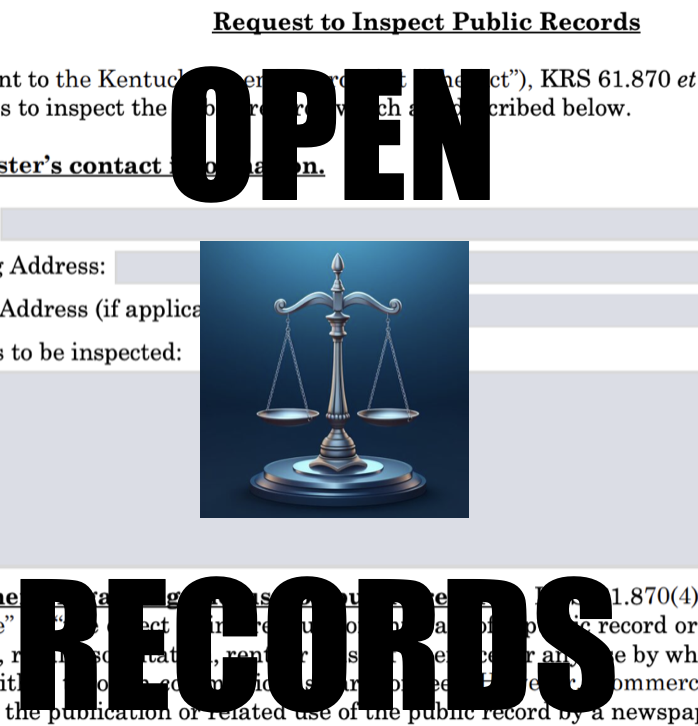The state Senate passed a bill aimed at better protecting child victims of repeated abuse but a 36-0 vote Thursday.
Many children who have experienced repeated abuse over time, referred to as a continuous course of conduct, have difficulty remembering the details of each specific incident of abuse, said Sen. Whitney Westerfield, R-Hopkinsville. The legislation, known as Senate Bill 60, would accommodate a child’s more generalized testimony when a tragedy of repeated abuse occurs.
“This bill is to protect … young victims or victims with intellectual or developmental disabilities who can’t articulate when something happened to them,” said Westerfield, who introduced the legislation.

Westerfield said he filed the bill after the Kentucky Supreme Court last year overturned the conviction of a man accused of sexually assaulting his 6-year-old stepdaughter in the case Ruiz v. Commonwealth. In Ruiz, the child victim testified that she was sodomized and abused up to three times a week by her stepfather while her mother was on military deployment, but her inability to distinguish between the events helped lead to the case being overturned.
A companion piece of legislation, known as House Bill 109, passed out of the state House of Representatives by a 91-0 vote this past Tuesday.
A bill to make it easier for potential victims of abuse to get a substitute legal address unknown to their abusers has passed the Kentucky House.
House Bill 59, sponsored by House Health and Welfare Committee Chair Tom Burch, D-Louisville, would allow potential victims of domestic violence and others to apply for a substitute address under the state’s address protection program without first obtaining a domestic violence order. A sworn statement would suffice for program eligibility.
Those who qualify for a substitute address would be issued a residency letter, document or card “to offer as proof that he or she actually resides in a specific county,” HB 59 states. The address could be used on driver’s licenses and state-issued personal ID cards and would not interfere with a potential victim’s ability to vote.
“I got the bill from the state of Colorado. I went out there and witnessed first-hand how it was adopted and how they used it,” said Burch.
“It worked very well, and I thought it would work well here in Kentucky.”
The address protection program was established to protect victims of domestic violence and abuse, stalking and related crimes under a 2013 Kentucky law.
HB 59 passed by a vote of 94-0 now goes to the Senate for consideration.
The state Senate passed legislation that supporters say will put a leash on frivolous dog bite litigation in Kentucky’s courts.
Senate Bill 68, known as “the dog bite bill,” was introduced by Sen. Ralph Alvarado, R-Winchester. He said it would protect landlords from being held liable when a negligent tenant’s canine bites someone. SB 68 would do this by amending the current statute to modify the definition of persons who would qualify as the owner of a dog.
Alvarado said the legislation was prompted by a 2012 Kentucky Supreme Court opinion that a landlord could be considered a dog owner of his tenant’s dog for the purposes of legal liability. He said that opinion puts unfair pressure on property owners who may not even know that a dog is living on their property.
Sen. Robin L Webb, D-Grayson, was one of six Senators who voted against SB 68.
“It would totally take the landlord out of any potential recovery, whether they knew, not knew, promoted, or encouraged any activity,” she said. “It would fully insulate the landlord regardless of conduct.”
SB 68 now goes to the state House of Representatives for further consideration.
From LRC Public Information Office

















